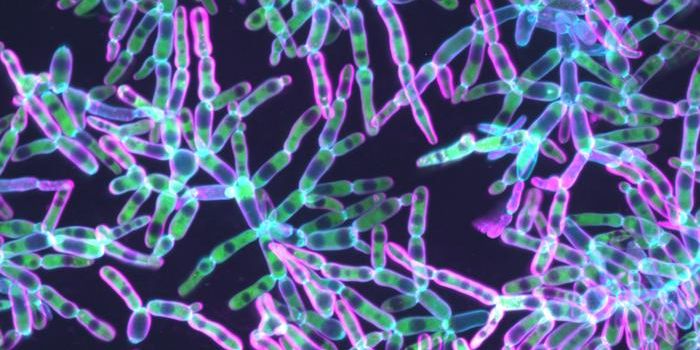Effective Covid-19 Multidrug Treatment Using Repurposed Time-Tested and Inexpensive Drugs
Ivermectin has been a drug of controversy in the COVID-19 treatment debate. Last year, it got a bad rap from the mainstream media as a horse-deworming, false treatment for COVID-19. Ivermectin is indeed an anti-parasitic, and for anyone who has worked in health care facilities like nursing homes, you know it's prescribed to all staff every time there's a scabies outbreak. So ivermectin does have its place in human medicine. Scientists and doctors have been investigating how well it works when repurposed to treat COVID-19.
In the journal Future Microbiology, researchers published their findings on an early multidrug treatment for COVID-19 that includes ivermectin, doxycycline, zinc and vitamins D and C.
The authors of this study felt there was a need for more safe and specific therapy options to prevent disease progression and hospitalization when taken earlier in the course of COVID-19. Ivermectin was chosen to be included as part of the combination treatment because it has been shown to be a safe and effective COVID-19 treatment in more than 20 randomized controlled trials, in 5 studies published in top medical journals and in a comprehensive review of studies conducted by the Nobel Prize co-laureate who discovered ivermectin, Dr. Satoshi Omura, and her colleagues.
In the study, 24 COVID-19 patients with moderate to severe symptoms and low oxygen who refused hospitalization were treated in an outpatient setting with this combination therapy. Patients took this treatment for 10 days at daily dosages of 200 mg of doxycycline, 50 mg of zinc, 3000 IU of vitamin D3 and 3000 mg of vitamin C. Ivermectin was taken at dosages of 12 mg on days 1, 4 and 8 of treatment, unless their oxygen levels were very low, in which case they took 36 mg of ivermectin on day 1.
All patients treated with this combination therapy survived and they avoided hospitalization. Their oxygen levels also improved after the first day of treatment.
This combination therapy is thought to be effective for several reasons. Vitamin D and C supplementation is thought to make up for low levels typically found in patients with worse COVID-19 symptoms.
Ivermectin itself is thought to be effective by limiting the virus's ability to replicate by blocking it from attaching to a receptor it uses to enter cells, the angiotensin-converting enzyme 2 (ACE2) receptor, particularly in the heart, kidneys and lungs.
Ivermectin, zinc and doxycycline have anti-inflammatory properties as well that limit cytokine-mediated inflammation, the culprit in the cytokine storm that's thought to contribute to deaths in otherwise young and healthy individuals who contract respiratory viruses.
This combination therapy also reduces the dosage needed for each individual drug, which reduces the chance of side effects.
Sources: Future Microbiology, Eur J Clin Microbiol Infect Dis, Am J Ther, The Japanese Journal of Antibiotics, BBC








